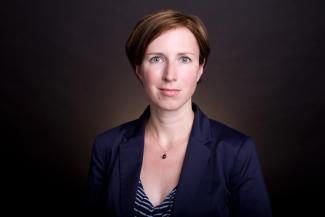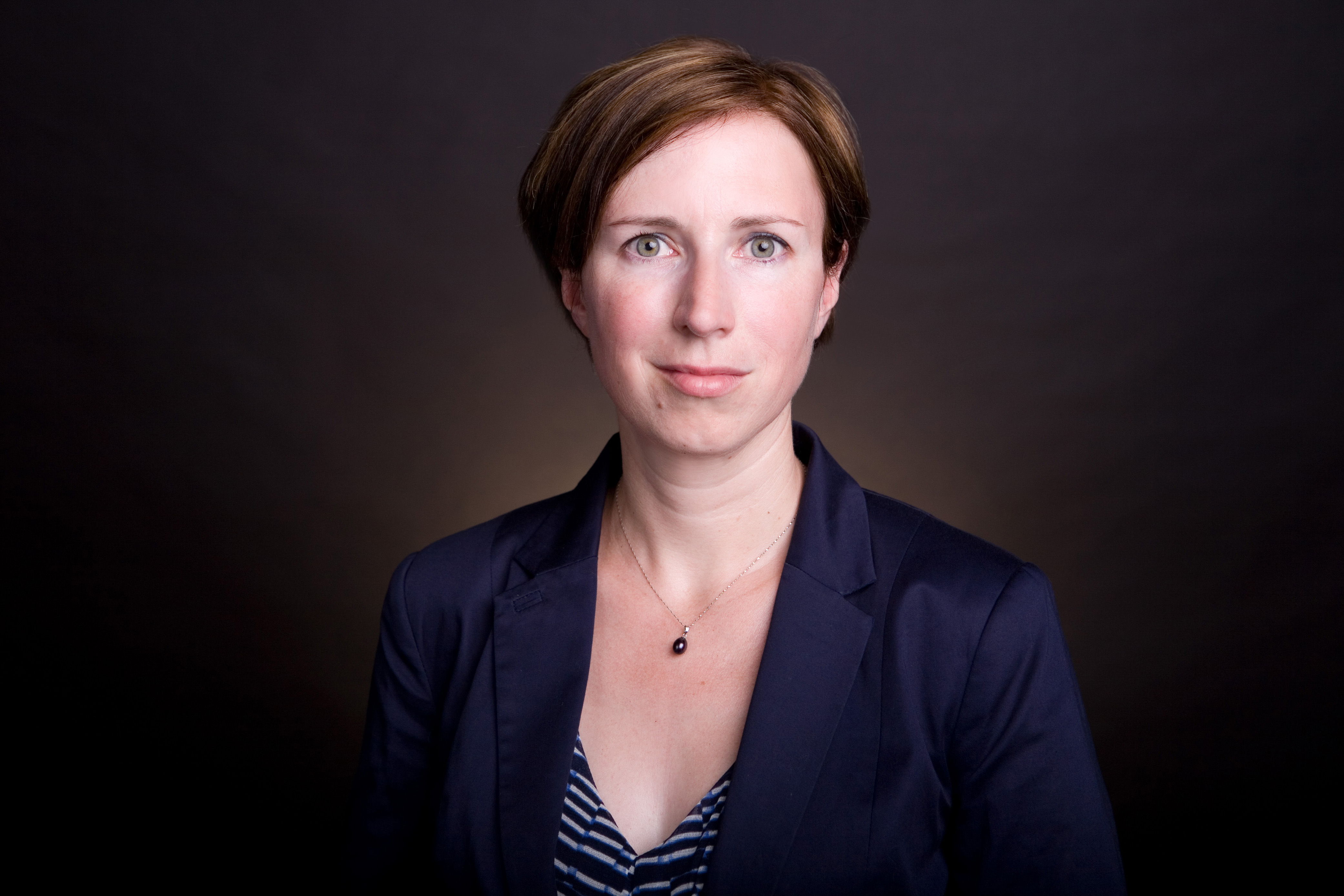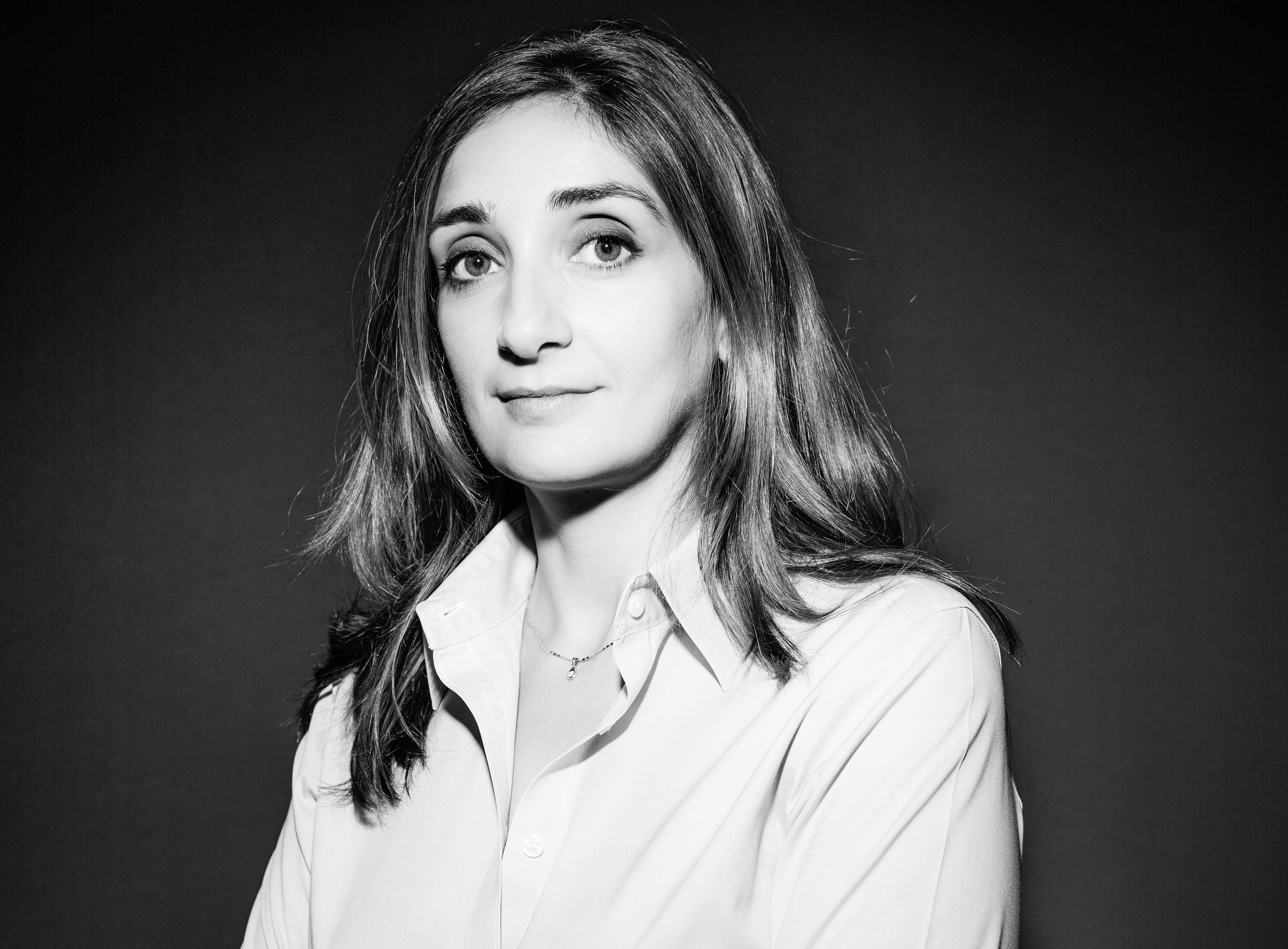Energy Union - Germany, France and Poland between common European goals and divergent national approaches

Practical information
Accessibility
Themes and regions
Related centers and programs
This is a private event.
Learn more about our corporate support packages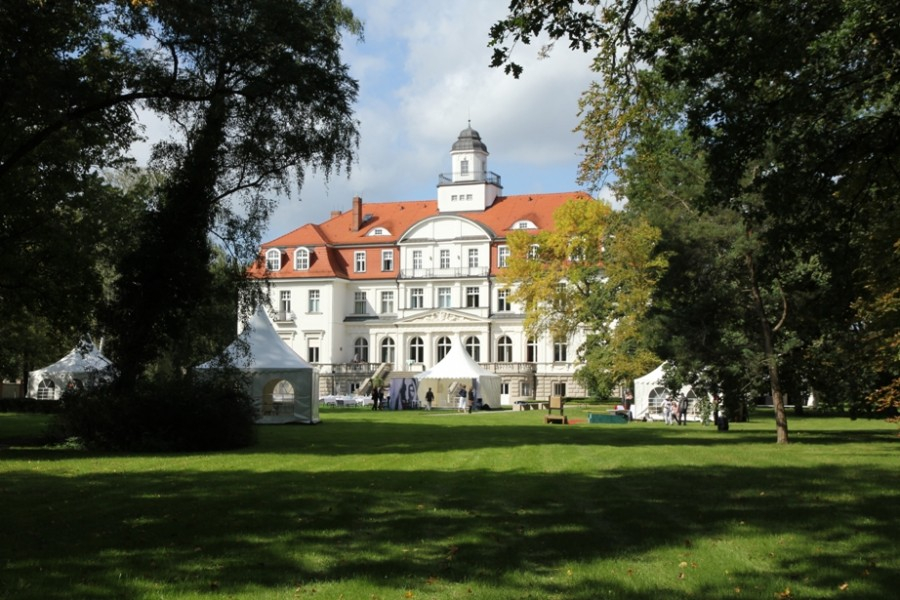
The revival of the debate around the energy-related problems of the European Union, provoked by the Polish proposal of 2014 to create an Energy Union, demonstrates that the subject is widely considered to be significant. This conclusion is supported by opinions of experts and stakeholders gathered by the Institute of Public Affairs in four countries: France, Germany, Poland, and the United Kingdom. The functioning of the internal energy market does not meet expectations and it seems that it is only through concerted efforts of member states – a coherent European strategy – that the most pressing problems can be addressed effectively. An overview of reactions and expectations in member states suggests that the Framework Strategy published by the European Commission in February 2015 reflects rather well the dominant opinions on the most pressing challenges. It is, however, a general document that formulates a large number of priorities which might sometimes turn out to be difficult to reconcile. The measures needed to achieve the goals spelled out in the document may become the object of discord between member states.
Panel I: From Ideas to Reality - Challenges and Strategies for the Energy Union’s Project
The Energy Union has become one of the flagship projects of the current European Commission. Nevertheless the different member states do have their own view regarding the idea of an Energy Union. Which aspects are most important for Germany, France, Poland and the United Kingdom? What are the most controversial subjects concerning the project? Where lies the biggest potential for conflicts and in which areas compromise can be found? Can the Energy Union also become a landmark project for those member states?
Panel II: A Common European Energy Market - Towards a Competitive Europe
Every proposition concerning reforms of the energy market in the EU is closely observed by energy companies. Energy reforms are a big cost factor for them. The future of those companies to a high degree depends not only on the changes in their home market but also on the speed and direction of reforms concerning a common European Energy Market. What are the expectations of representatives from energy companies towards the European political leaders? According to them in which direction should reforms of the energy market lead - both on national and European level?
Panel III: Between Geopolitics and Economics - Towards a Common European Foreign Energy Policy?
At the beginning Energy Union was a concept that aimed at enhancing energy security by providing the EU with mechanisms that would improve its security of external energy supplies. The whole idea derived from the fact that Ukrainian-Russian conflict undermined Russia’s position as a reliable energy supplier. What is the potential of creating a Common European Foreign Energy Policy? Which countries of the EU are interested to build up mechanism of transnational cooperation? How to find a balance between standard market mechanisms and introducing new regulations of dealing with partners from outside the EU?
Panel IV: How to Involve Europe’s Citizens? - The Social Dimension of Energy Union
In the end most of the costs of energy reforms have to be financed by citizens. Their attitudes towards reforms depend on various factors which are different from member state to member state. Which aspects of the Energy Union reflect the expectations of the societies of EU member states? Which aspects of the Energy Union have to be stressed to get public support? What are the biggest challenges concerning communication of energy politics?
Funded by:
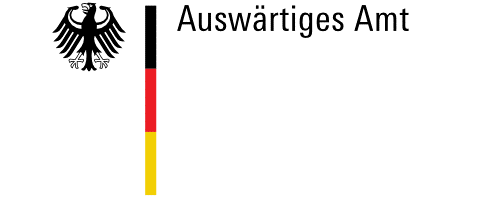
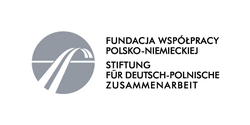
Our partners
Speakers
Related Subjects
Other events
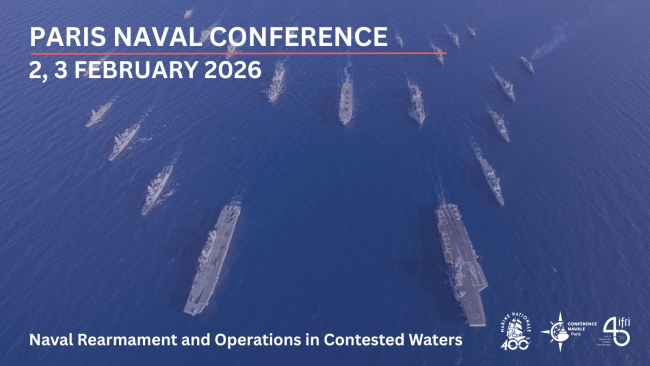
Paris Naval Conference 2026: Naval Rearmament and Operations in Contested Waters
This fourth edition of the Paris Naval Conference (CNP), bringing together high-level military, industrial, and academic speakers, will address the challenges associated with general naval rearmament and naval operations in increasingly contested environments.
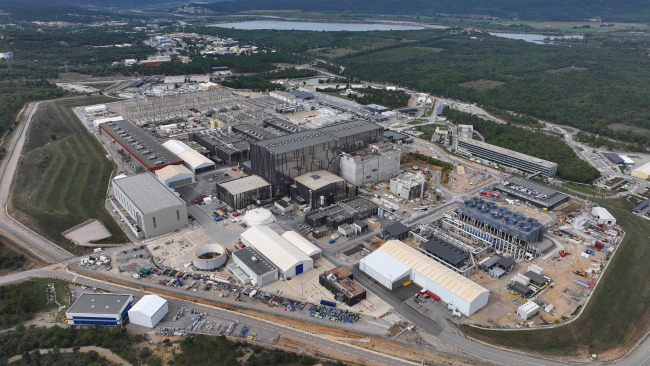
Is Fusion Coming Faster and Cheaper than Expected?
ITER was for long time the embodiment of fusion as an international, long standing R&D cooperation objective to seek a new way to produce safe, low carbon and abundant low carbon electricity. Yet over past years, fusion start ups, several governments and investors have decided to push fusion R&D and deployment to complement ITER. Major efforts are ongoing notably in the United States, China, Germany, Italy.

EV Supply Chains for Japan and Europe: Strengthening Economic Security
Economic security aims to ensure the resilience of supply chains for key industries: the case of electric vehicle production in Japan and Europe will be discussed.











